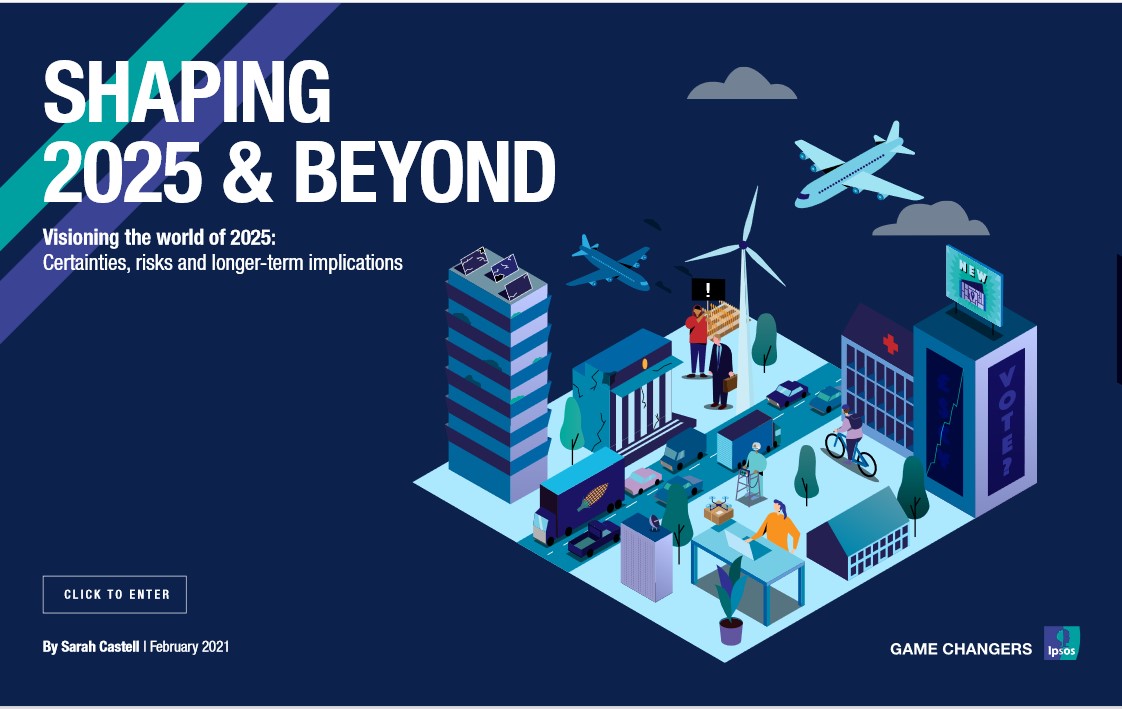Ideas of Reference: Shaping the Future of 2025
Related Articles: Ideas of Reference: Shaping the Future of 2025
- Discord About Me Ideas Reddit 2025: Elevate Your Profile With Creativity And Wit
- Cheap Privacy Fence Ideas For Backyard 2025
- Gift Ideas For A Memorable 75th Birthday Celebration For Women In 2025
- Cheap Lunch Ideas For Work On A Budget In 2025
- 16 Best Small Business Ideas From Home For 2025
Introduction
With great pleasure, we will explore the intriguing topic related to Ideas of Reference: Shaping the Future of 2025. Let’s weave interesting information and offer fresh perspectives to the readers.
Table of Content
Video about Ideas of Reference: Shaping the Future of 2025
Ideas of Reference: Shaping the Future of 2025

Introduction
The year 2025 is fast approaching, bringing with it a myriad of challenges and opportunities. As we navigate the complexities of the future, it is essential to establish clear and actionable ideas of reference that will guide our decision-making and shape the trajectory of our society.
Technological Advancements
- Artificial Intelligence (AI) Integration: AI will continue to permeate various aspects of our lives, from healthcare and transportation to manufacturing and finance. By 2025, we can expect to see widespread adoption of AI-powered systems, automating tasks, enhancing productivity, and improving decision-making.
- Quantum Computing: Quantum computing will revolutionize fields such as drug discovery, materials science, and financial modeling. By leveraging the principles of quantum mechanics, quantum computers will enable us to solve complex problems that are currently intractable with classical computers.
- Biotechnology Breakthroughs: Advances in biotechnology will lead to personalized medicine, targeted therapies, and regenerative treatments. By 2025, we may see the emergence of novel drugs and therapies that address previously incurable diseases.
Environmental Sustainability
- Renewable Energy Transition: The shift towards renewable energy sources, such as solar, wind, and geothermal, will accelerate in 2025. As governments and industries embrace sustainability, we can expect to see a significant reduction in greenhouse gas emissions.
- Circular Economy Principles: The concept of a circular economy, where materials and resources are reused and recycled, will become more prevalent. By 2025, businesses and consumers will prioritize sustainability and reduce waste.
- Climate Adaptation and Resilience: Climate change will continue to pose significant challenges. By 2025, cities and communities will implement innovative adaptation measures, such as green infrastructure, resilient transportation systems, and early warning systems.
Social and Economic Transformation
- Remote Work and Flexible Employment: The COVID-19 pandemic has accelerated the adoption of remote work and flexible employment arrangements. By 2025, these practices will become more widespread, leading to changes in urban planning and workforce dynamics.
- Gig Economy and Freelancing: The gig economy and freelancing will continue to grow, providing individuals with greater flexibility and entrepreneurship opportunities. However, it is essential to address the challenges of job security and benefits in this evolving labor market.
- Inclusive and Equitable Society: By 2025, there will be a growing emphasis on creating an inclusive and equitable society. Governments and organizations will prioritize measures to address social inequality, promote diversity, and ensure access to opportunities for all.
Global Cooperation and Governance
- International Collaboration on Climate Change: The Paris Agreement will continue to guide international cooperation on climate change. By 2025, we can expect to see increased collaboration among nations to implement emissions reduction targets and promote sustainable development.
- Global Health Security: The COVID-19 pandemic has highlighted the importance of global health security. By 2025, there will be a stronger focus on international cooperation to prevent and respond to pandemics and other health emergencies.
- Technological Governance: The rapid pace of technological advancements necessitates effective governance mechanisms. By 2025, we may see the establishment of international frameworks to regulate emerging technologies, such as AI and biotechnology.
Education and Workforce Development
- STEM Education and Skills: The demand for STEM (science, technology, engineering, and mathematics) skills will continue to grow. By 2025, there will be a need for a highly skilled workforce that can adapt to the rapidly changing technological landscape.
- Lifelong Learning and Reskilling: As technology disrupts traditional job roles, individuals will need to embrace lifelong learning and reskilling. By 2025, governments and educational institutions will play a vital role in providing opportunities for continuous skill development.
- Personalized Learning: Educational systems will increasingly adopt personalized learning approaches that cater to individual learning styles and needs. By 2025, students will have greater access to tailored learning experiences that enhance their cognitive and creative abilities.
Conclusion
The ideas of reference outlined in this article provide a roadmap for shaping the future of 2025. By embracing technological advancements, prioritizing environmental sustainability, fostering social and economic transformation, strengthening global cooperation, and investing in education and workforce development, we can create a future that is both prosperous and sustainable.
As we approach 2025, it is imperative that we engage in thoughtful dialogue and collaborative action to ensure that these ideas of reference become a reality. By working together, we can build a future that meets the challenges and embraces the opportunities that lie ahead.
![[IMGSRCTITLE2]](https://assets.weforum.org/editor/nEx-0cHIhc0hawxVtc1z3xicZ75uf7qcecMJ3c6yu8E.jpg)
![[IMGSRCTITLE3]](https://mir-s3-cdn-cf.behance.net/project_modules/max_1200/216e6867577637.5b3e550a74536.jpg)
![[IMGSRCTITLE4]](https://www.ipsos.com/sites/default/files/ct/event/2021-04/feature_6.jpg)
![[IMGTITLE5]](https://images.immediate.co.uk/production/volatile/sites/4/2018/08/22-ideas-606ea9b.jpg?quality=90u0026crop=8px,0px,1183px,509pxu0026resize=960,413)
![[IMGTITLE6]](https://media-exp1.licdn.com/dms/image/C4E12AQFRbANC1Uw_9g/article-cover_image-shrink_600_2000/0/1611057791348?e=2147483647u0026v=betau0026t=VDW57JUGPr8dv8nFwG8aFIamiVvd8fFU5iquRaUg-3Q)
![[IMGTITLE7]](https://wiipa.org/wp-content/uploads/2023/03/photo_2023-03-25_23-12-23.jpg)
![[IMGTITLE8]](https://i.ytimg.com/vi/xLT83ChnobM/maxresdefault.jpg)
![[IMGTITLE9]](https://thefutureorganization.com/wp-content/uploads/2014/11/5_trends.png)
Closure
Thus, we hope this article has provided valuable insights into Ideas of Reference: Shaping the Future of 2025. We thank you for taking the time to read this article. See you in our next article!